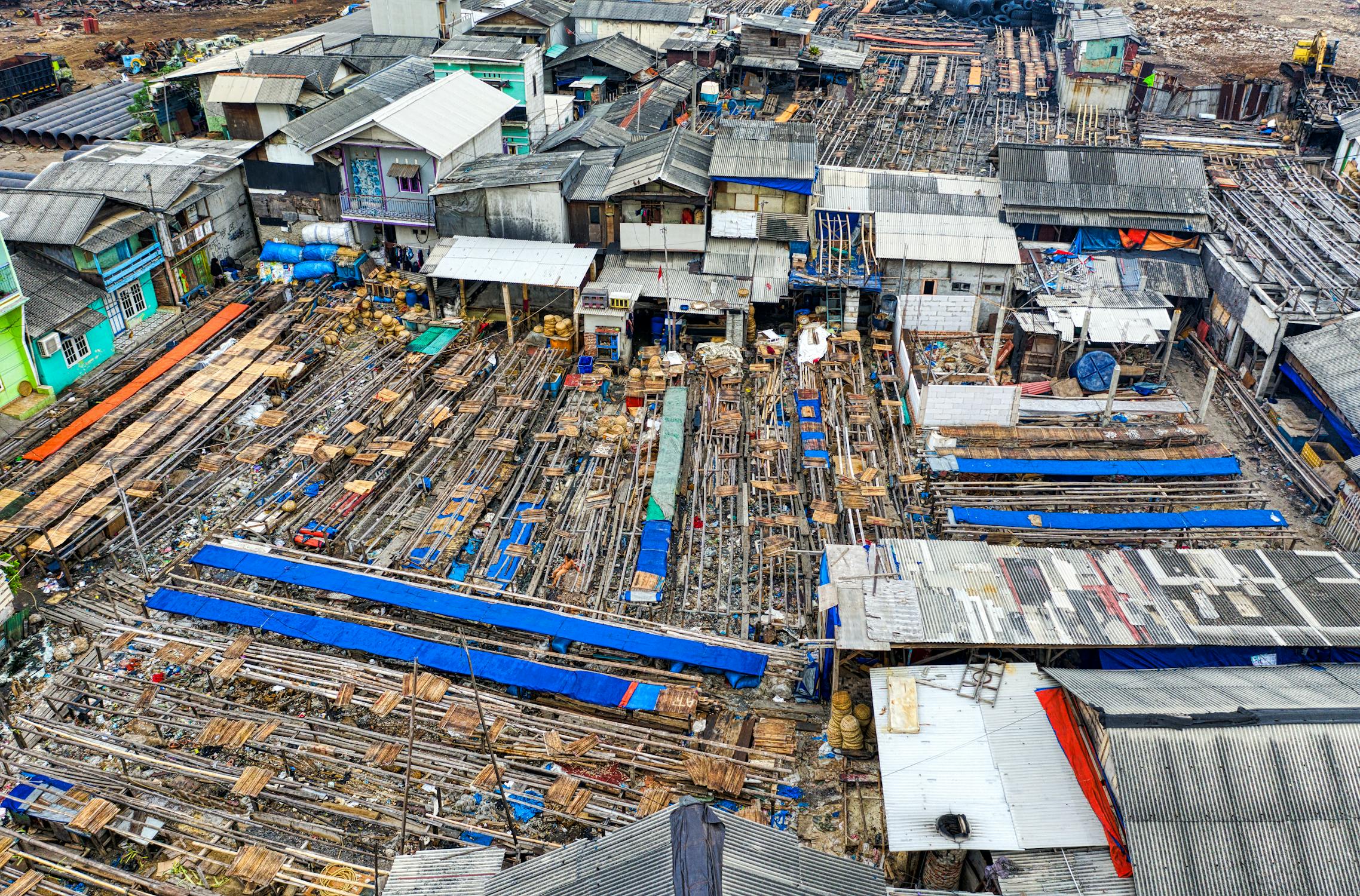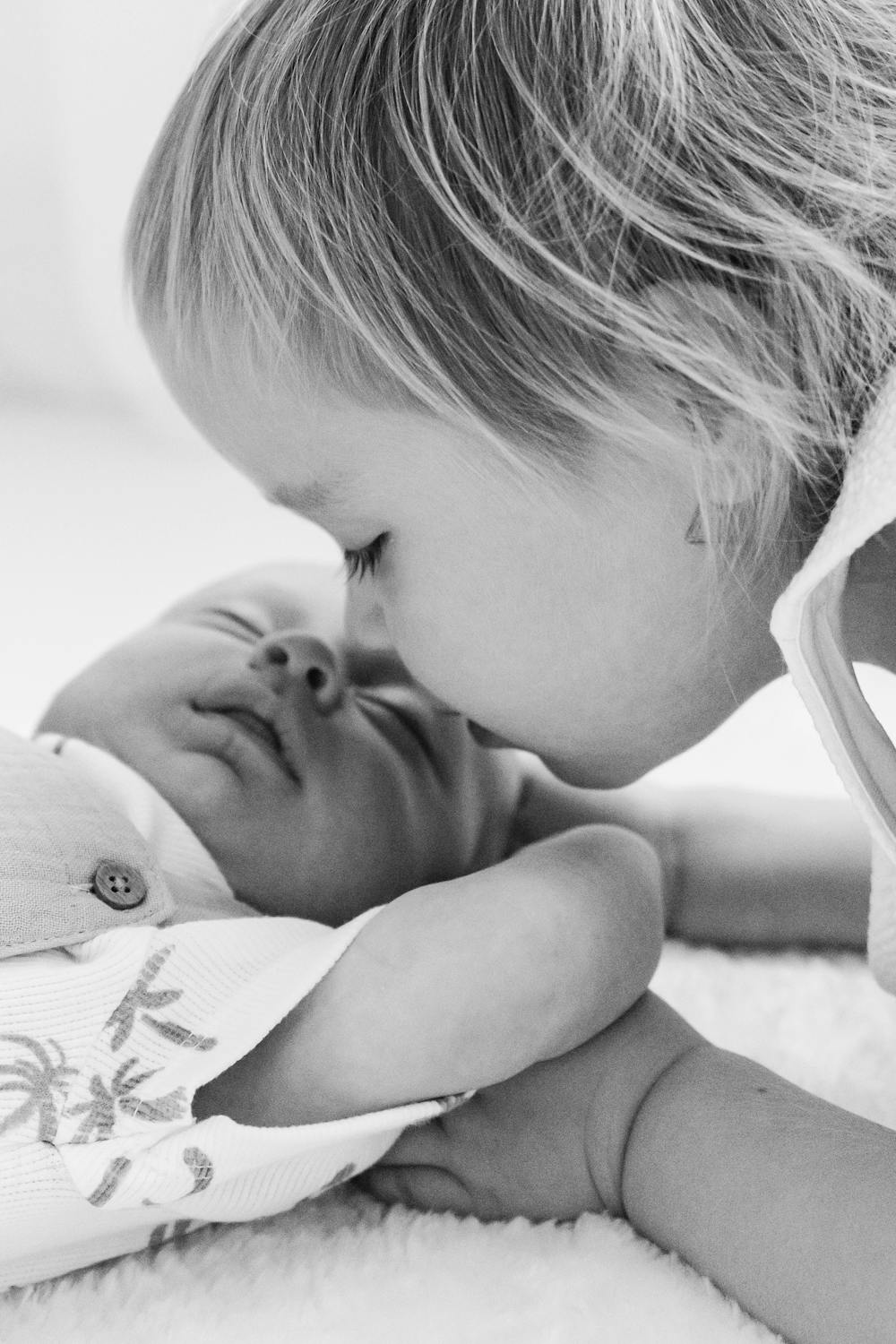Radical individualism has always been embraced as the embodiment of the American spirit. We pride ourselves on our individual self-reliance and autonomy, and we judge others who fall short on these measures. Ironically, though, this same individualism can only be experienced and understood through social and cultural patterns of meaning. We discover ourselves only through, not independent of, others. Never are we ends in ourselves, but always part of a larger whole.
Still, the western emphasis on individuality and autonomy often results in a dilemma regarding our responsibility to those other than ourselves and our immediate circle of family and friends. Because of the desire for autonomy, our natural dependence upon social connection can create deep internal conflict at both the personal and societal levels. The value we place upon individualism provokes our retreat from social commitments, while the innate yearning for connection with others can make the autonomous life feel empty and devoid of meaning.
But do we actually have an obligation for the welfare of others? And in times of greater distress for all, are we obliged to act with somewhat more responsibility to and for others?
In a neutral mindset devoid of ideological principles, there’s no right or wrong answer here, no real shoulds or shouldn’ts. But most of us don’t spend our days in that realm. Rather, we make our way through a day beset with news and images of hardship and suffering, injustice and inequality, close to home and far away. And for many of us, there is a regular companion to that news: a sense of wanting to do more in support of others. Some people are conditioned by a life of volunteering, others by a discipline of giving generously of resources beyond their time. But more people than not expend what they have to give, whether in time, money, or other forms of support, to those who are the co-inhabiters of their own immediate world. And even doing this often leaves so little for oneself that it’s hard to imagine doing more.
And yet, there’s all this hardship and suffering, injustice and need for support from each other everywhere we turn.

There’s a concept in some schools of social theory called relational responsibility. As with most academic terms, the discussion in this realm can easily get bogged down in the definition of relational as well as the definition of responsibility. But just on its face value, I’ve found the concept personally helpful. I can apply it at a very individual level of personal relationship, but also at the group level, and at the more collective societal level. In each case, I ask myself two simple questions: What is my relational responsibility here? And how do I bring it to bear with respect and dignity for everyone involved? I’m not asking in terms of what anyone else thinks, or in terms of social norms or conventions. I’m just stopping to reflect on the answer to these questions based on my personal values, on what my life experiences have taught me so far when I’ve gone in one direction or another, and also on who I want to be given the opportunity to be intentional about it.
It’s easy to enumerate our differences from others. But there are equally as many similarities or things we have in common. The list starts and ends with the greatest similarity of all. We are each born and we each die. We all come through an absolute miracle just to be here in this world and one day all of us will leave it. There is something so basic and profound about that as a connector, as a reason to feel a sense of kinship and the associated desire to be an ally in issues of injustice as well as in the need for care. To actively engage these feelings in our daily life would be to enact relational responsibility at the very broadest level.

In the web of entanglement in which we inadvertently exist with one another, the notion of relational responsibility and its associated acts of conscience directs itself along the lines of connection, sometimes with those with whom we are in intimate relationship and other times with those we don’t even know personally or from whom we may live half a world away. In both kinds of relationship, there is always a past, a present, and a future as well as structural impositions regarding how we are related. These are factors requiring a deepening of our own self-awareness, our political and social consciousness, and a sensitivity and compassion for the histories involved.
One of the oft-cited quotes from Dr. Martin Luther King Jr. comes from a letter written when he was in jail in Birmingham, Alabama. On April 16, 1963, Dr. King wrote,
"Injustice anywhere is a threat to justice everywhere. We are caught in an inescapable network of mutuality, tied in a single garment of destiny. Whatever affects one directly, affects all indirectly.”
Living in such a way that acknowledges our interconnectedness is the beginning of recognizing our responsibility to each other. It means not putting our needs and wants above those of others. It means seeing each of our actions and interactions as meaningful and non-trivial, despite the contrary messages in support of self-interest that underpin much of western culture today. As resources are spread thinner and thinner locally and globally, we will be more and more dependent upon the ethic of caring and the relational responsibility we feel and act upon relative to each other. Seeing actions and interactions occurring throughout the day as inconsequential erodes both the basic and the profound gestures of humanity we will need from and for each other. To go beyond this with a sense of relational responsibility is a commitment to the well-being of our fellow travelers but also to the planet on which we co-exist, as well as to the other creatures existing here with us.
Wow what a good piece today! Nobody lives on an island and everything we do has an impact. This is a keeper. Very well written and easy to understand and embrace. Michel
>
I wonder if relational responsibility encompasses health?
You’ve hit on it, Lynne. Thank you for this simple and powerful message on so many levels. “It’s easy to enumerate our differences from others. But there are equally as many similarities or things we have in common. The list starts and ends with the greatest similarity of all. We are each born and we each die. We all come through an absolute miracle just to be here in this world and one day all of us will leave it.”
If even the most self-interested among us really want to be intellectually honest, then they have to recognize that ‘the math’ of society and the ‘luck of the draw’ related to that miracle can work both for and against them, on many levels, some they simply cannot see. If they try to take a ‘my way or the highway…and you don’t have a seat’ stance, in power, economics, religion/spiritual view, politics, personal relationships, or in life, they’re ultimately acting against their own interests as human beings – living evidence of that miracle of existence, that spinning wheel of fortune.
Because for every difference we think we can point to, history, facts and sciences of every stripe will – as you state so eloquently above – show many, maybe many more similarities and commonalities of structure and desire and belief and interest between us – or is that among us – than we initially or even over the long term perceive. Maybe the connection that defines eliminating the gaps defined by the word “between” to accomplish the joining of the word “among” is the key here. It’s much more difficult to hate, kill, or deprive someone else of something once you’ve met and talked with them, found common ground, gained respect for each other, maybe even learned to love each other despite your ‘surface’ differences.
Of course, that’s if we even recognize science as legitimate. If we don’t, then, well, we deserve what we get, which is the Hobbesian take on our natural state, and our lives will be, almost by definition, “solitary, poor, nasty, brutish, and short.” So maybe we can look for signals of at least base-level enlightenment in all of our leaders, whether political, commercial, social, and religious. Seek that fundamental calling card and the actions that prove the commitment: “I care for others, and I recognize, we’re all in this together”…with emphasis on the ‘all’!